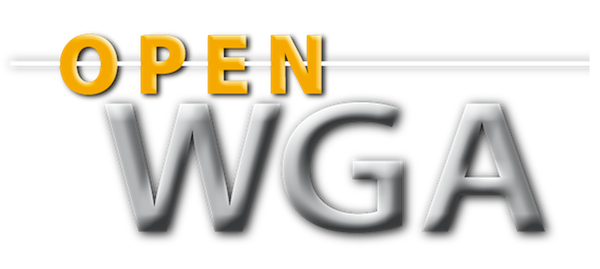The OpenWGA Java CMS packages an integrated hierarchical document repository accessible via a TMLScript and the OpenWGA template engine.
The hierarchical repository features multi language support, versioning and approval workflows and comes with easy manageable access control.
It is the ideal storage for CMS maintained websites as well as web applications.
Simple to use
The CMS repository can be easily accessed via template WebTML-Tags or TMLScript.
WebTML-Example:
<tml:item name="body"/>
</tml:children>
This template code iterates over all child pages, finds the published content version of the current site language and outputs the value of the item "body".
It's that easy. No database access code necessary, no java code needed to iterate over pages.
Content Versioning
The OpenWGA CMS repository features automatic content versioning without the need to write any code for it. When ever an author "edits" a published content document, a new version is created in status "draft" and presented for editing. As soon as this version is published by the author, the former published version will be archived and the draft copy gets published.
Each such edit cycle will create a new content version. No published version will ever be overwritten. You may "roll back" any achieved version at any time.
Access Control
Each
page in the CMS repository can be configured to be editable by all
authors or by a defined group of authors only.
In addition you can define who may have read access to a page, providing effective view control to the contained data.
Both authoring rights and read access are inherited to all child pages making access control management easy.
Application Development
A hierarchical CMS repository is not only a natural structure for websites. It may also be a good data model if you develop a "content driven" application maintainig any type of data. Many relations between data-types may be expressed best as a father-child-relationship.
The OpenWGA CMS is delivered with a special "HDB-API" for application development where the page hierarchy of the repository may be treated just like records in the tables of a relational database. This API even supports "events" that can be used in quite the same way as triggers in SQL databases.
The OpenWGA bug-tracking system is an example for an application using the HDB-API.
